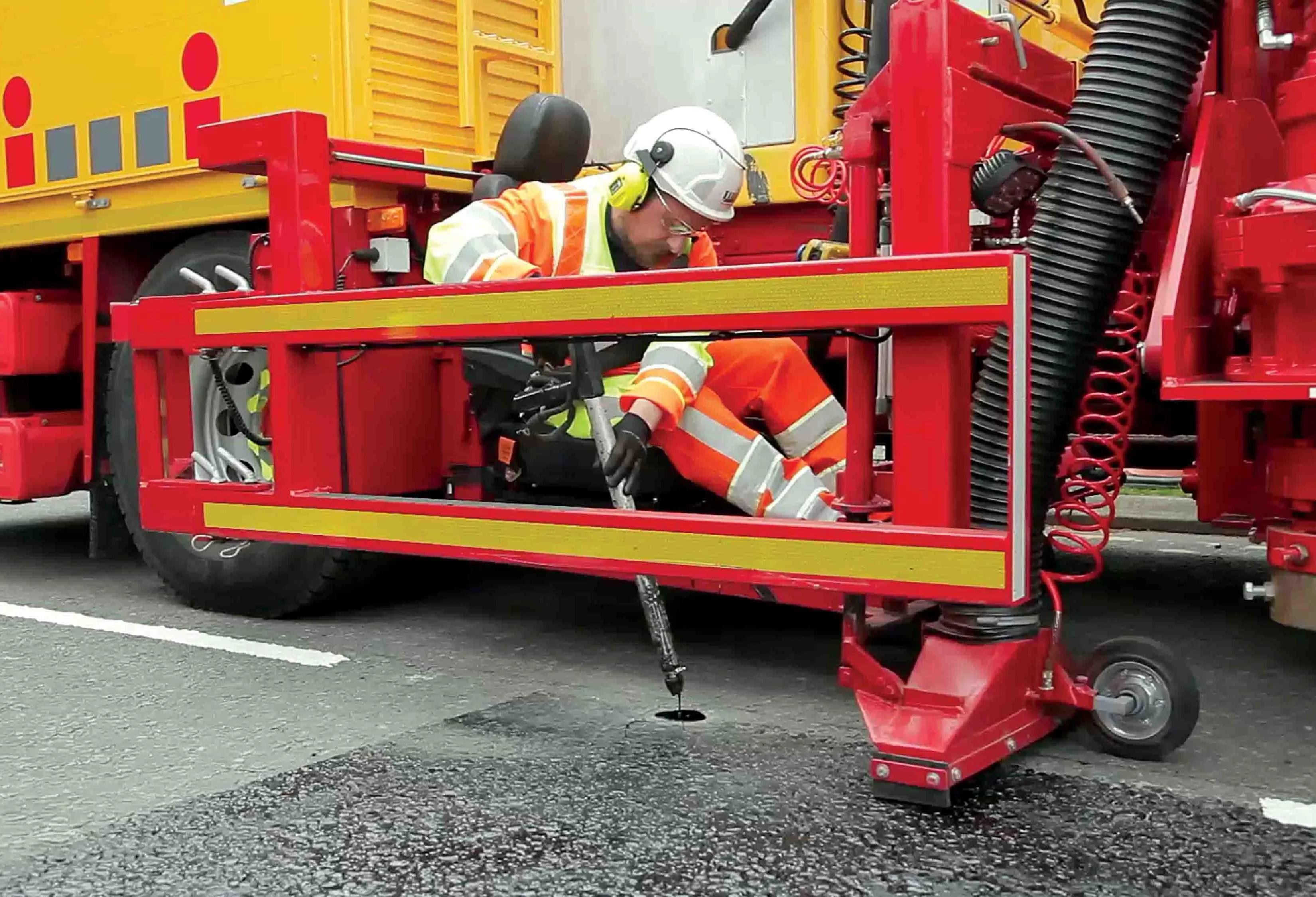TRL has formally launched its latest software product to help keep the UK's roads moving when an incident or planned event threatens to create significant congestion. TEST - Tool for Evaluating Strategies for Traffic - has been developed for operators of traffic control centres to predict the consequences of actions they undertake on their network, in response to an incident.Incidents, events and road works all have the potential to impact traffic patterns and flows and can often cause significant congestio
May 1, 2012
Read time: 2 mins
Incidents, events and road works all have the potential to impact traffic patterns and flows and can often cause significant congestion and delay to the travelling public. Under the UK’s Traffic Management Act (TMA) 2004, Part 2, Local Highway Authorities (LHAs) are required to expand their existing planning beyond managing traffic on their own road network, to assessing the potential impact of any traffic management plans on neighbouring LHAs’ networks as well.
Uniquely, TEST uses traffic
This enables operators to plan for events by asking “What if?” questions of the software. For example: “What if next time a vehicle breaks down in this stretch of one-way road, I change the signals to allow more green time?” The software allows different signal settings to be trialled and comparison of the results of different strategies to be viewed. In this way, operators can decide upon an effective strategy for an event and export this onto the street the next time such an event occurs.
TRL says the benefits of using TEST are many. Operational efficiencies can be gained by testing offline multiple options for routes, lane closures and traffic signal plans prior to a planned event; or through the testing of new signalised junctions prior to their installation. This ensures the optimal, right first time operation of the junction at the implementation phase. It reduces bedding in times and allows road users to realise the benefits from the outset.
Importantly, TRL points out that TEST has been designed based on open architecture standards, is user friendly, with users needing no previous micro-simulation experience to work with the tool.







